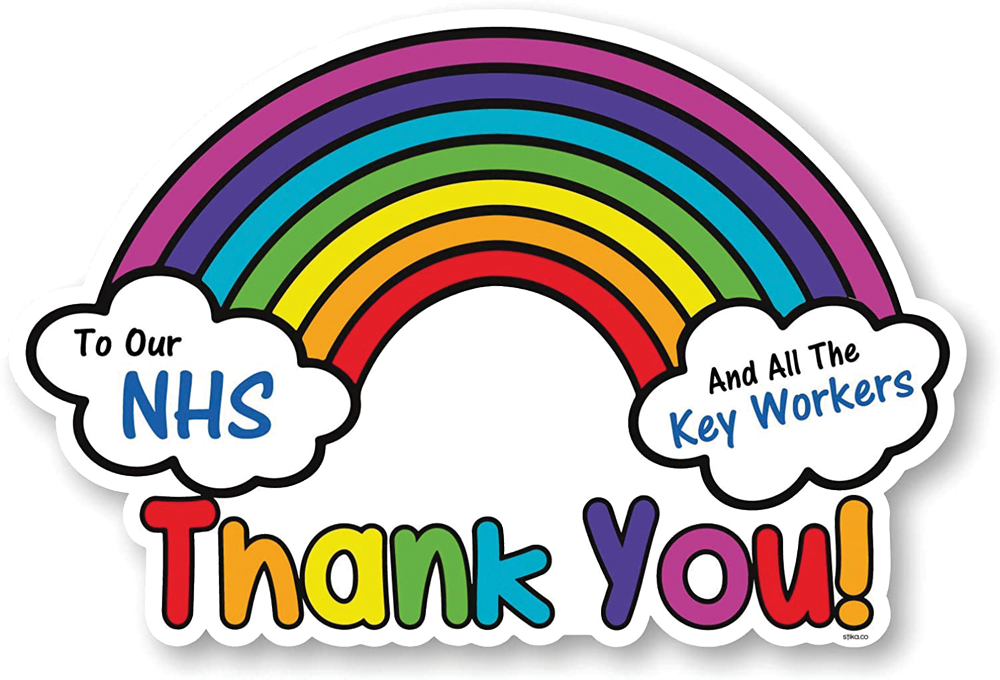
Psychotherapist offers positive parenting tips
If you are one of the many families struggling with home schooling and feel that you are failing in meeting your children’s needs, you will not be in the minority. Psychotherapist Noel McDermott has over 25 years experience in this field and is keen to reassure families that any struggle in the here and now is OK. It is normal for both parents and children to be experiencing feelings of anxiety at this time. Here he provides simple tips to help support your child’s mental health.
Noel comments: “Talk to your children about how they’re finding the lockdown and home schooling this time round, reassure them it’s okay to ask for help if they feel low. Explain it’s normal and natural but that they don’t have to suffer alone. Monitor for signs they are struggling by watching out for mood, presentation or behaviour changes that last longer than a day or two. Increase family time and family events to be able to lift each other up and observe your kids at work and play.”
Positive parenting tips for both parent and child:
• Get outside. Nature is brilliant at lifting mood and it doesn’t have to be the great outdoors, your local park or even your garden is just as good. In fact, even noticing something simple outside like the trees in the park will elevate your mood!
• Challenge your thinking. Don’t give into those low mood thoughts, tell them they are temporary and will go away, that all feelings have an end by date and theirs is coming soon. Get involved in activities and events even though you might think they are useless and boring at the time; you will soon change your mind!
• Exercise as a family, stay active and get the blood flowing. Getting active for 20 minutes a day regulates your mood, just add some brisk walking into your day, take the kids for a run at lunchtime or do an online exercise class together.
• Sleep, eat and drink well. Children need good, sound sleep to ensure proper body and mind development. A nutritious diet plays an important role in a child’s physical and mental health. Get the basics right and the rest will follow.
• Treat your kids. Have a list of those things your children especially like and treat them when you think they deserve a lift! You also deserve treats – be kind to yourself.
 Alternative social interaction
Alternative social interaction
As well as providing education, schools and nurseries provide another even more important function in a child’s development and that is access to complex social group interaction. Children across the country will be missing their friendship circles and for all kids, but especially younger ones, access to play with other children is central to healthy development. Think outside the box and help support your child’s needs, for example:
• Plan movie nights: teleparty www.netflixparty.com is a fun way to have film nights with friends and family who cannot see each other in person.
• Organise virtual playdates: these will help fulfil your
child’s social needs and find positive opportunities. Perhaps they could have a tea party online, do arts and crafts together or simply read a book with their friend?
• Arrange a gaming session for your children with their friends – gaming, especially online, can provide immeasurable benefits to those who are lonely and isolated. It provides safe social contact and a place where skills can be developed. These skills can provide a much-needed boost to self-esteem.
• Online spaces – organise social and groups activities online with both friends and family that stimulate and develop social interaction. Although not as effective as a real-world connection, helping kids organise online groups and activities with their peers and friends can be very beneficial. The online space challenges the child (and the adult) to engage socially and cognitively.
How to spot anxiety in children
Unfortunately, cases of anxiety and distress in children are on the rise now and this is being caused by an almost constant diet of scary stories on the news/Internet, isolation from peers with schools being closed and from picking up on the stresses of family and parents. For many children they will be experiencing more vivid dreams during this time, interrupted sleep, issues around appetite and so-on which are all classic signs of distress.
Younger children and COVID-19 concerns
Little ones might try to protect you from their distress and say they are fine, but it will show up in other ways such as, in their play, which can become preoccupied with the worries; mummies and daddies getting sick and going to hospital, people getting hungry, people fighting and getting angry with each other. Kids might become avoidant when they are upset, not talking, and withdrawing. Behaviour may deteriorate and arguments and fights start. They may ‘regress’ and start to act in a younger manner, depending on age you may see thumb sucking, incontinence, clinging behaviour.
Older children and COVID-19 concerns
In teenagers, distress can often appear as disconnection (I don’t care, I don’t want to talk about it) and through avoidance behaviours. Avoidance and procrastination are both classic signs of anxiety. In older children we are seeing increases in anxiety as reported by parents, this includes relapses in anti-social behaviour, substance misuse and so on.
Psychotherapist Noel McDermott comments: “Parenting in a pandemic is not an easy feat but now more than ever it is vital that parents help children develop and maintain good mental health and emotional wellbeing. You can do this by helping them feel safe, keeping healthy routines, managing their emotions and behaviour and by being positive at home. By being positive ourselves, we promote positivity to our children. If you are concerned about your child’s mental health don’t be afraid to ask your GP for support.”
Vaccination and the end in sight
It’s important to explain that we are on the final straight now, with the vaccination programme well under way. Soon, your kids will be able to see their grandparents as the shielded ones are being vaccinated first. Tell yourself this is positive news as well! The closure of schools, as well as being temporary, is for the last time. We are all looking forward to a big party soon to move on from all this stress.
Noel McDermott is a Psychotherapist with over 25 years’ experience in health, social care, and education.
Noel’s company offer at-home mental health care and will source, identify and co-ordinate personalised care teams for the individual.
They have recently launched a range of online therapy resources in order to help clients access help without leaving home –
www.noelmcdermott.net/group-therapy/










